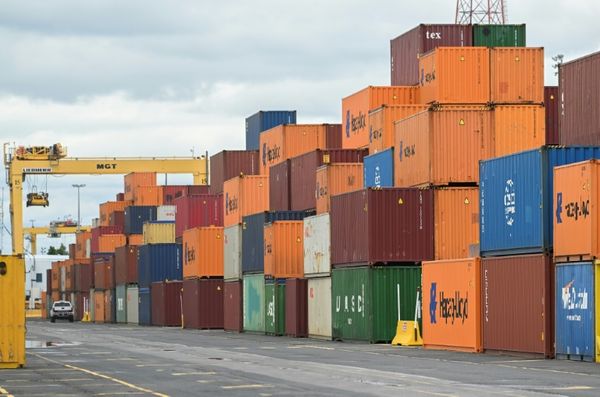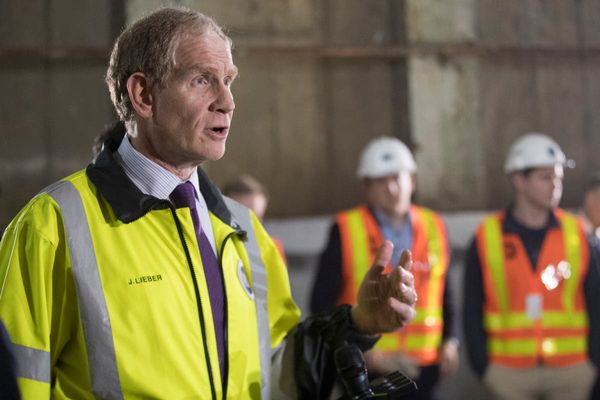
Earlier this year, OpenSea—one of the largest platforms for trading non-fungible tokens (NFTs)—announced it would phase out mandatory royalty fees for creators, undermining what many Web3 advocates considered a cornerstone of blockchain-based art: fair compensation for artists.
Web3 ecosystems, built on blockchain, are supposed to provide artists with greater control over how their work is distributed and the compensation they receive in return. Unlike traditional Web2 digital platforms—the standard internet—blockchain tech, theoretically, allows artists to track the resale of their work through an open, distributed ledger. Meanwhile, smart contract codes attached to the digital artwork are supposed to ensure artists receive royalty payments on subsequent resales.
But the reality isn’t so utopian.
“The thing about smart contracts is that they’re neither smart nor contracts,” says Anne Rose, co-leader of the blockchain group at British law firm Mishcon de Reya. “You still have to rely on platforms to enforce them.”
According to The Verge, OpenSea was the last major marketplace to give up enforcing mandatory royalty payments, phasing in optional payments instead. Artists can now set a recommended royalty fee, like a tip, and trust that future buyers will honor it.
In a post defending the policy change, OpenSea said that mandatory royalty fees were “ineffective” because they relied on “the buy-in of everyone in the Web3 ecosystem, and unfortunately that has not happened.” Other marketplaces, like Blur, have stolen market share from OpenSea with competing rules on royalties.
The fact that not every marketplace was enforcing mandatory royalties in the first place, and that OpenSea decided to follow suit, highlights two fundamental flaws at the heart of Web3’s decentralized webspace: One, the lack of overall regulation leaves little interoperability between systems, making policing resales almost impossible; and two, users are still beholden to rules set by dominant corporations. (On the other hand, opponents of mandatory royalty fees might highlight how demanding artist royalties on resales contradicts the notion that NFTs confer absolute ownership to their buyer.)
OpenSea says it still believes NFTs have value for artists, beyond what traditional digital art offers them, and that the company is still actively building toward a future where that value can be realized. A spokesperson for the company says we are still “very early in the evolution of this ecosystem, and therefore of the monetization opportunities, business models, and revenue streams possible for creators with NFTs.”
But trade in NFT artworks has dropped off significantly from the market’s frothy heyday in January 2022, with dollar sales volumes tanking 90% to now. Industry tracker DappRadar reports NFT trade volume declined 49% in the first six months of this year alone, while the value of trades took a similar nosedive, dropping from $1.1 billion in January to $600 million in July.
OpenSea’s move to eliminate mandatory royalties also cost it the trust of some major creators. Yuga Labs, the parent company behind Bored Ape Yacht Club and other major NFT collections, announced it will effectively boycott the platform, preventing its new NFTs from selling on OpenSea.
The dust is far from settled on this saga, and Web3 advocates still believe the promise of blockchain tech to provide greater accountability and verification in management systems will be realized. But maybe not for digital art.
Eamon Barrett
eamon.barrett@fortune.com







